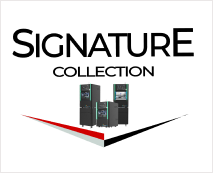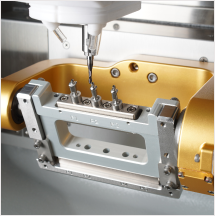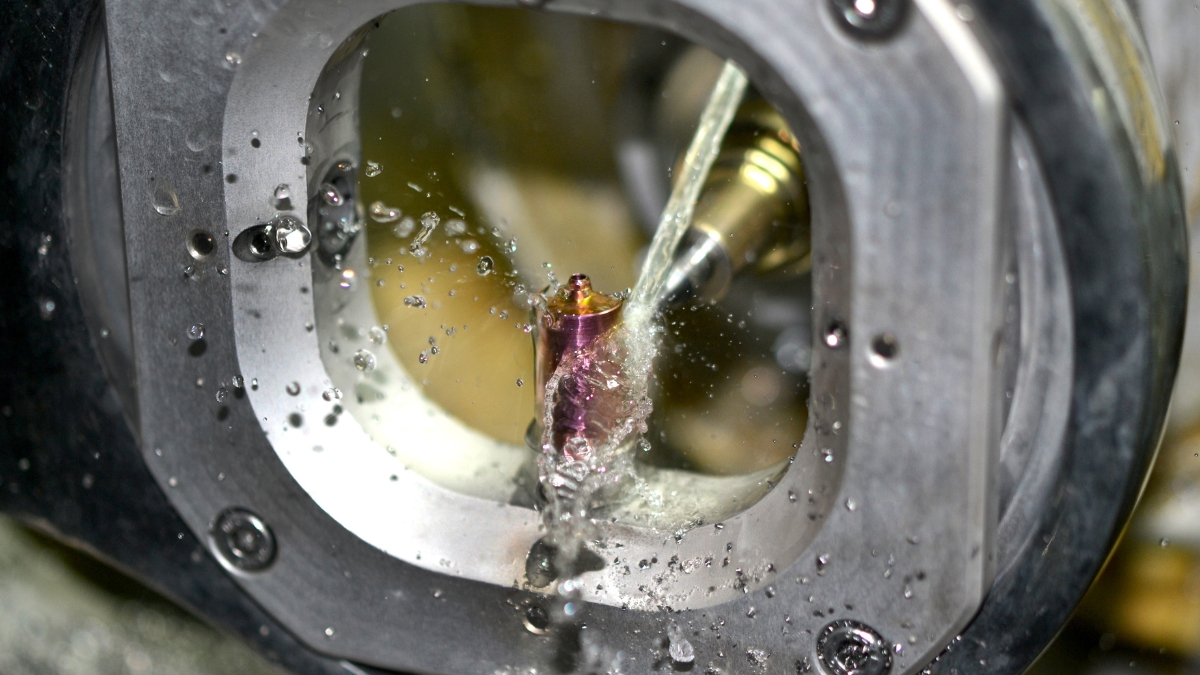The field of dentistry is undergoing a significant transformation, driven by advancements in technology and a growing emphasis on precision and efficiency. One such advancement is the widespread adoption of Computer Numerical Control (CNC) milling in the production of dental prostheses. This technology has revolutionized the way dental laboratories fabricate crowns, bridges, dentures, and other restorations, leading to improved accuracy, reduced production times, and enhanced patient outcomes.
How CNC Milling Works in Dental Prosthesis Production
CNC milling machines use computer software to control the movement of a cutting tool, allowing for the precise removal of material from a block of dental material. The process typically involves the following steps:
- Digital Impression: A digital impression of the patient’s teeth is taken using an intraoral scanner or other digital imaging techniques.
- CAD Design: The digital impression is then used to create a 3D computer-aided design (CAD) model of the desired prosthesis.
- CAM Programming: The CAD model is translated into a set of instructions for the CNC machine using computer-aided manufacturing (CAM) software.
- Milling Process: The CNC machine precisely mills the prosthesis from a block of dental material according to the programmed instructions.
- Finishing and Polishing: The milled prosthesis is then finished and polished to achieve the desired fit, function, and aesthetics.
Contact Axsys Dental Solutions today at (855) 687 7941!
Advanced CNC Milling Techniques
Recent advancements in CNC milling technology have further enhanced the precision and efficiency of dental prosthesis production:
- Multi-Axis Milling: Advanced CNC machines with multiple axes of movement can create complex geometries and intricate details with greater precision.
- 5-Axis Milling: This technology allows for simultaneous milling along five axes, enabling the creation of highly complex and anatomically accurate restorations.
- High-Speed Milling: High-speed milling techniques enable faster processing times, increasing productivity and reducing costs.
- Soft Tissue Milling: Advanced milling techniques are now being used to fabricate soft tissue prostheses, such as partial dentures and flexible appliances.
Benefits of CNC Milling in Dental Prosthesis Production
The use of CNC milling in dental prosthesis production offers numerous advantages:
- Increased Accuracy and Precision: CNC milling eliminates the variability associated with manual techniques, resulting in more accurate and predictable outcomes.
- Improved Efficiency: Automated processes reduce production time, allowing dental laboratories to increase their output and meet patient demands more efficiently.
- Enhanced Aesthetics: CNC milling enables the creation of highly esthetic restorations that closely match the natural appearance of the patient’s teeth.
- Improved Fit and Function: The precision of CNC milling ensures a better fit and function of the prosthesis, leading to improved patient comfort and satisfaction.
- Reduced Costs: While the initial investment in CNC technology can be significant, the increased efficiency and reduced labor costs can lead to overall cost savings.
The Future of Dental Prosthesis Production
As CNC milling technology continues to evolve, we can expect to see even more significant advancements in the field of dental prosthesis production. The integration of artificial intelligence and machine learning will further enhance the precision and efficiency of these processes, leading to even more personalized and patient-centered care.
Did You Know?
CNC milling technology is not only used in the production of dental prostheses but also in other areas of dentistry, such as implant surgery and orthodontics.
At Axsys Dental Solutions, we are committed to providing our clients with the latest advancements in dental technology. Our state-of-the-art laboratory is equipped with the latest CNC milling machines and staffed by highly skilled technicians. Contact us today at (855) 687 7941 to learn more about our services and how we can help you deliver high-quality, patient-centered dental care.






